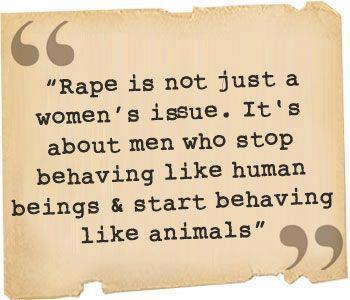Outrage in Bulandshahr
In the wake of the Delhi gangrape last December, calls for a more lasting change coalesced around a single, impatiently rushed through law — the Criminal (Amendments) Bill, 2012. While discussion on the provisions of the bill dominated the public discourse on rape, less attention has been paid to how law interacts with, and addresses, caste, class and gender biases, how it translates in different contexts, not just in the metros but also in smaller towns and villages. Law must operate within a matrix of local power relations heavily tilted against victims of sexual violence, especially those from lower castes. The police belong to this matrix, complicit in the interests and prejudices working within it. It is urgent, therefore, that issues such as gender sensitisation of the police and the non-registration of complaints are highlighted and addressed. Incidents such as the one in Bulandshahr point to the need for wider and deeper changes such as those recommended by the National Police Commission. While urging measures to de-link the police from the existing power structures and political interference, it also proposed a special cell to look into complaints of police insensitivity and intransigence coming from weaker sections of society, including SCs and STs.
The Bulandshahr scandal is a reminder that deliberation and discussion on sexual crimes cannot be whittled down to a single law. It must take into account a gamut of more difficult changes, social and institutional, that transform the way such crimes are perceived and their victims are addressed.
Related articles
- #India- Heaping abuse on the abused #sexualviolence #Vaw (kractivist.wordpress.com)
- Explain how minor rape victim was put behind bars: SC tells UP govt #Vaw (kractivist.wordpress.com)
- #India-10-year-old rape survivor put behind bars #Vaw #WTFnews (kractivist.wordpress.com)

Leave a Reply